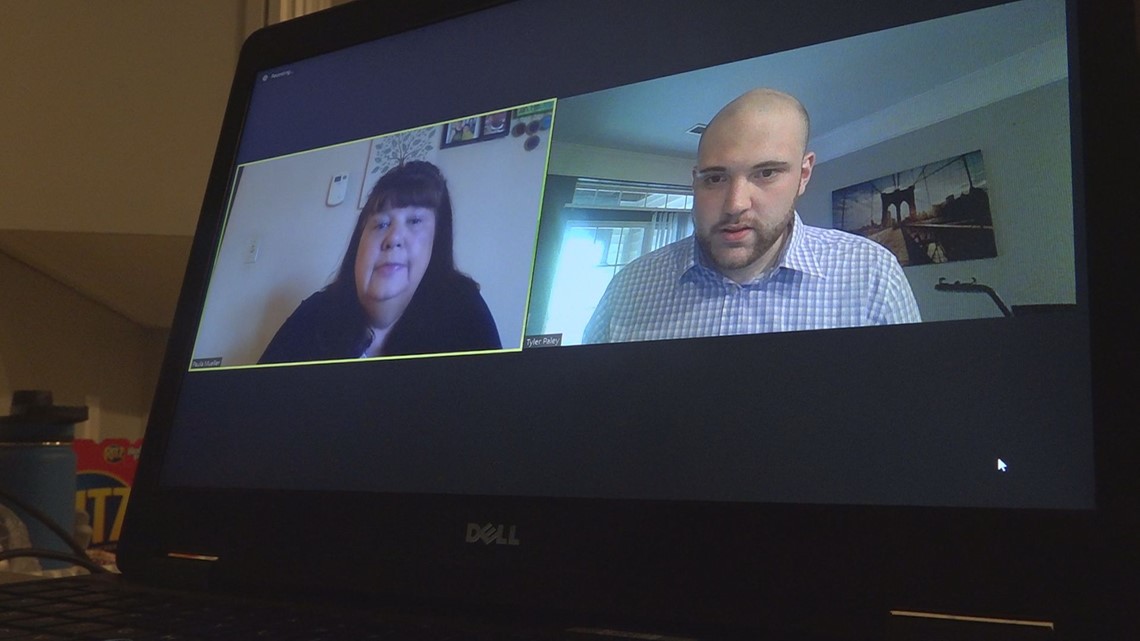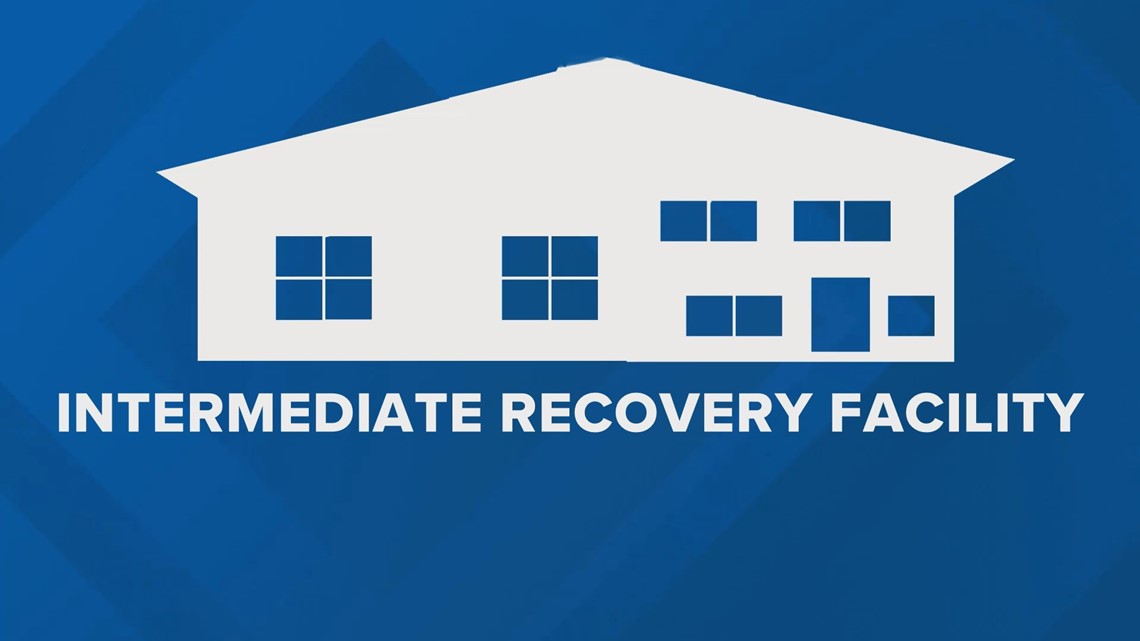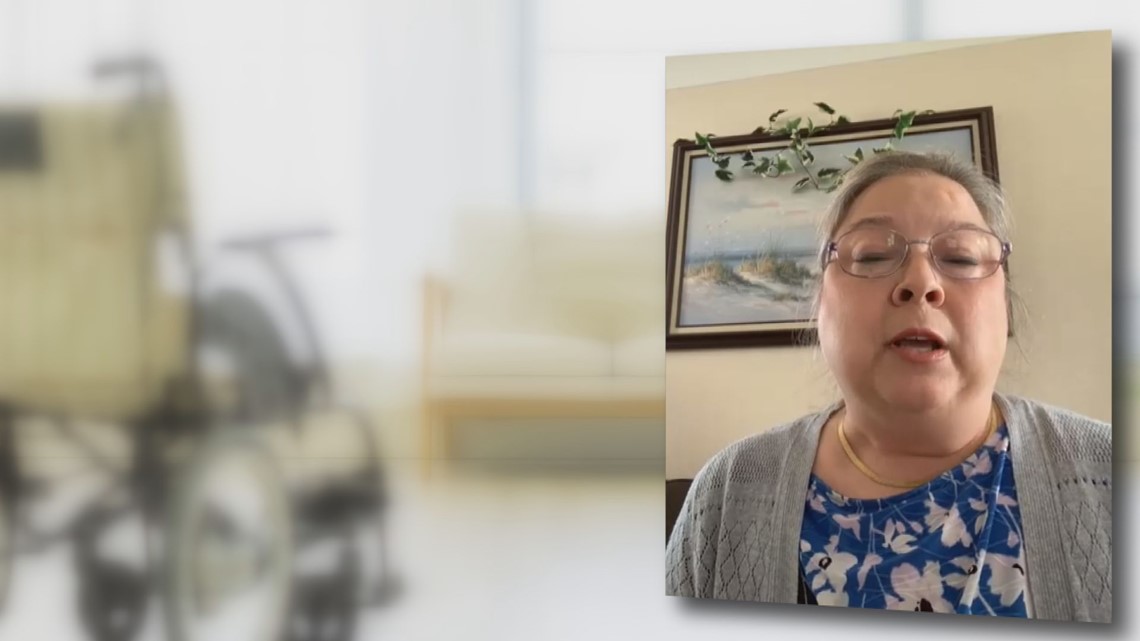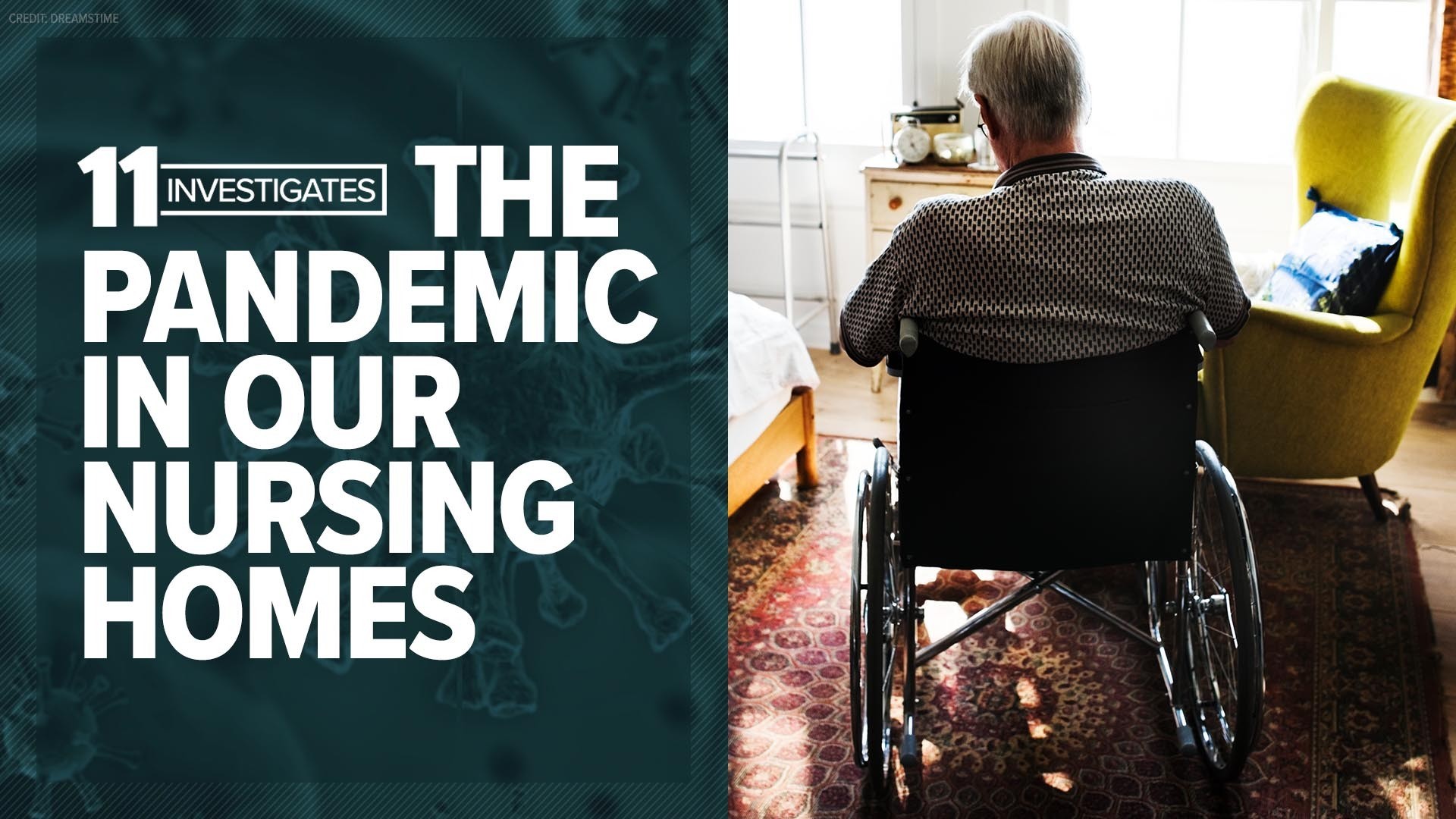TOLEDO, Ohio — As our extensive reporting has shown, Lucas County has the second most COVID-19 deaths at long-term care facilities in the state.
The data will change as time goes on, but experts agree these facilities will remain hot spots unless they find the right answers.
Paula Mueller founded Elderly Advocates based in Cleveland, a non-profit that aims to improve long-term care in Ohio.
"Don't think it's luck," she said. "I think some facilities are more on top of it than other ones are."
Mueller said she's fielded dozens of calls over the last several weeks from worried family members who were seeking answers they aren't getting otherwise.


RELATED: Most Lucas County nursing homes with COVID-19 cases have history of poor health inspections
"I think that the nursing homes have not been given the care that they should have been given from Day One," Mueller told 11 Investigates. "I think a committee should have been formed, like other individuals' families, (for) our organization."
11 Investigates asked the Ohio Department of Health if Gov. Mike DeWine plans to convene such a committee, but we didn't get an answer in time for this story.
"We have to just keep digging for solutions and the one we have - down the hallway, isolation - doesn't work most times," Mueller said.
That's a point echoed by AARP State Director Holly Holtzen.
"Nursing homes are congregate settings," Holtzen said. "So it is more difficult in some instances to apply that social distancing that is so very important to stopping the spread of COVID-19."
11 Investigates asked Mueller what solutions she had in mind, of which she had several. They included private resident rooms and private camera systems for guardians to check in on their loved ones.
Her main idea, though, is to use some sort of intermediate facility.


When a nursing home resident is diagnosed with COVID-19, they would be treated in the hospital and then transferred to an intermediate facility, before being accepted back to the nursing home.
It's something Mueller believes can still be done, but others - like Bowling Green State University gerontology professor Jennifer Wagner - are skeptical.
"That would be an excellent solution," Wagner said. "I just don't know about the feasibility of it. But most of the facilities are doing a pretty good job of creating isolation units. Maybe taking one wing and triaging patients who are COVID-positive."
Wagner has worked in long-term care for two-and-a-half decades earning several certifications along the way.
As she trains her students to enter the field, their assignments reflect what Wagner said would be asked of them in the proverbial "real world."


"It's their job to listen to Governor DeWine talk every day," she said. "You keep up on the briefings, you summarize them, you share them with the staff and they're creating in-services. Those are the folks that are staying vigilant."
That vigilance must include testing.
In late April Lucas County said all nursing home residents would be tested for the virus. Just last week, Governor DeWine promised more widespread testing in these facilities. President Trump has also promised that. But so far, not all 6,000 tests have been administered in Lucas County.
"I think it's very important to do testing throughout all the facilities, for all the residents, for all the staff," Wagner said. "Whether they're asymptomatic or not, and there may be people who disagree with me, but if they're asymptomatic and we can catch it early enough, we can be more proactive."
AARP and Elderly Advocates agree, both telling 11 Investigates they're calling for universal testing in these facilities.
But they admit, it's just step one.
"Nursing homes have been in trouble for a long time," Mueller said. "The staffing, the issues. I think this is bringing it out in the worst way how bad those issues are because now we're really seeing short staffing, we're seeing turnover, we're seeing complaints that the residents are getting out more."
"This pandemic has taught us that we need to value long-term care," Wagner added. "We need to value our elders, first and foremost, but we also have to value long-term care. We need to place resources in long-term care. Maybe even increase the way we do business. Looking more at having all private rooms, increasing options going forward for telemedicine."
11 Investigates also asked the Ohio Department of Health for any updated procedures or plans pertaining to stopping the spread of COVID-19 in nursing homes, but our questions went unanswered.

